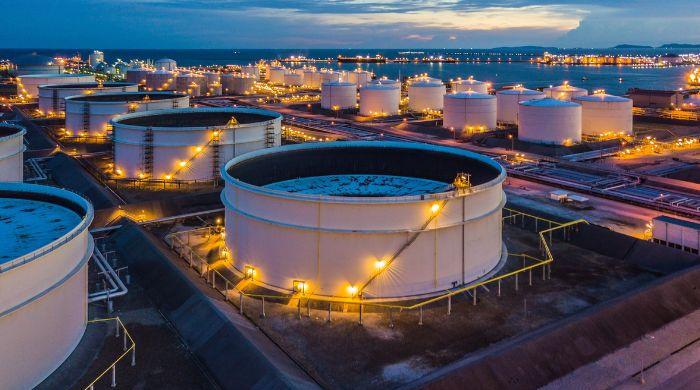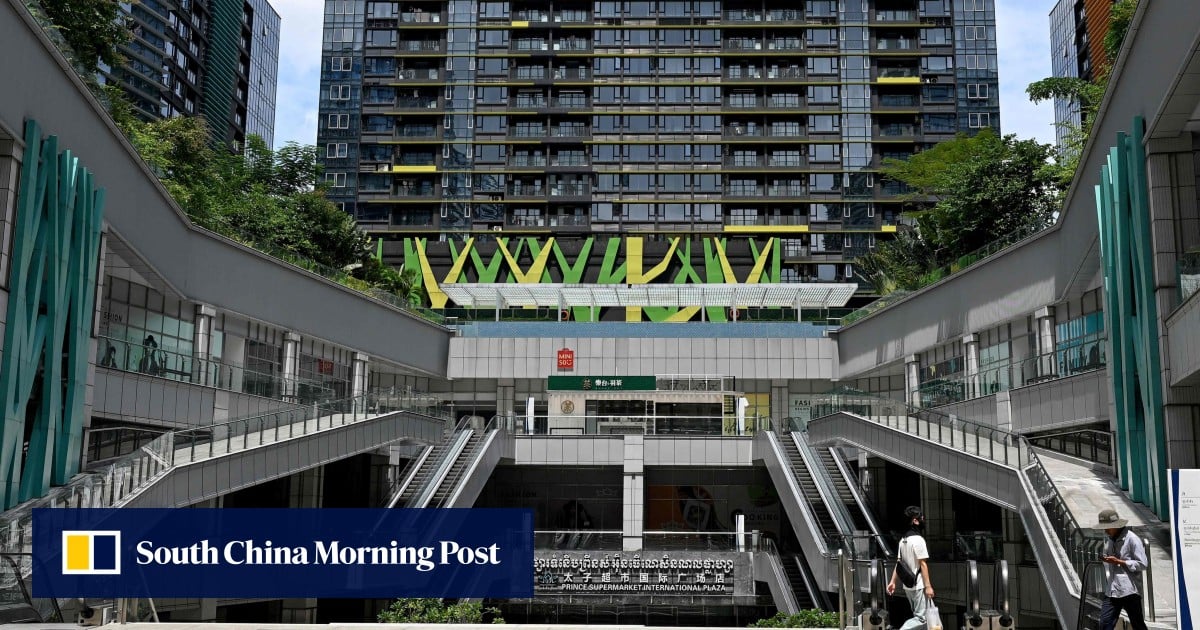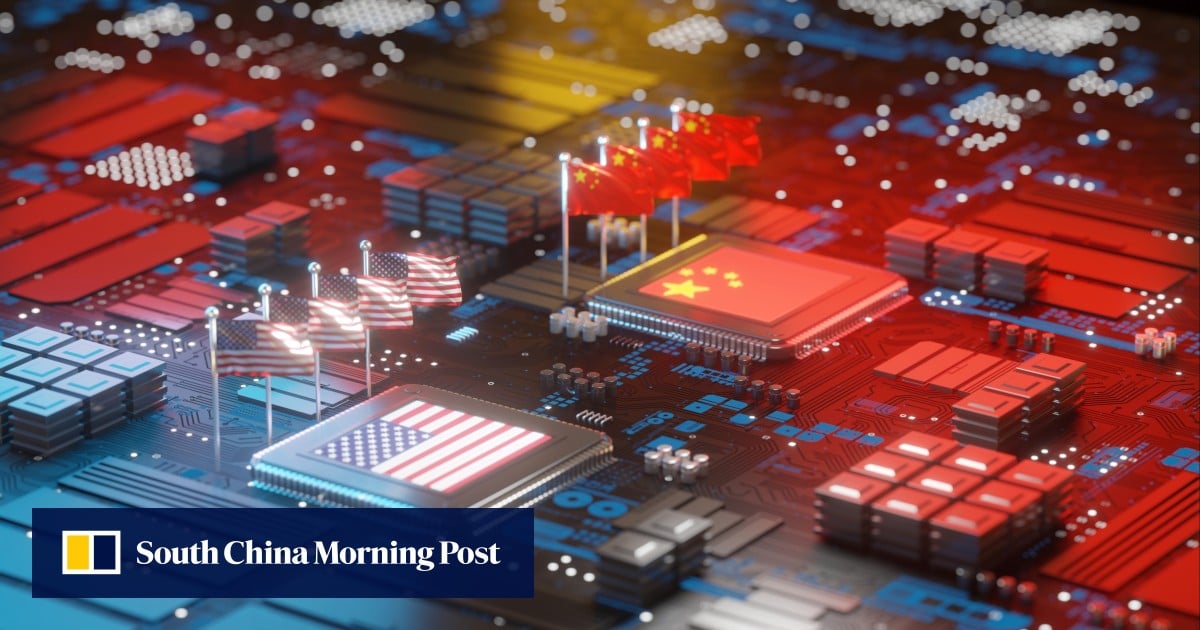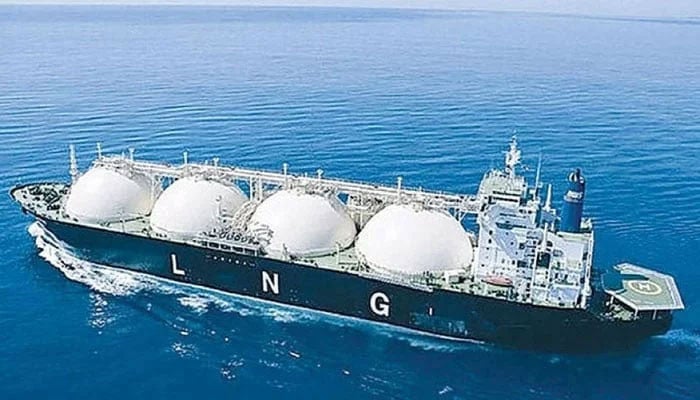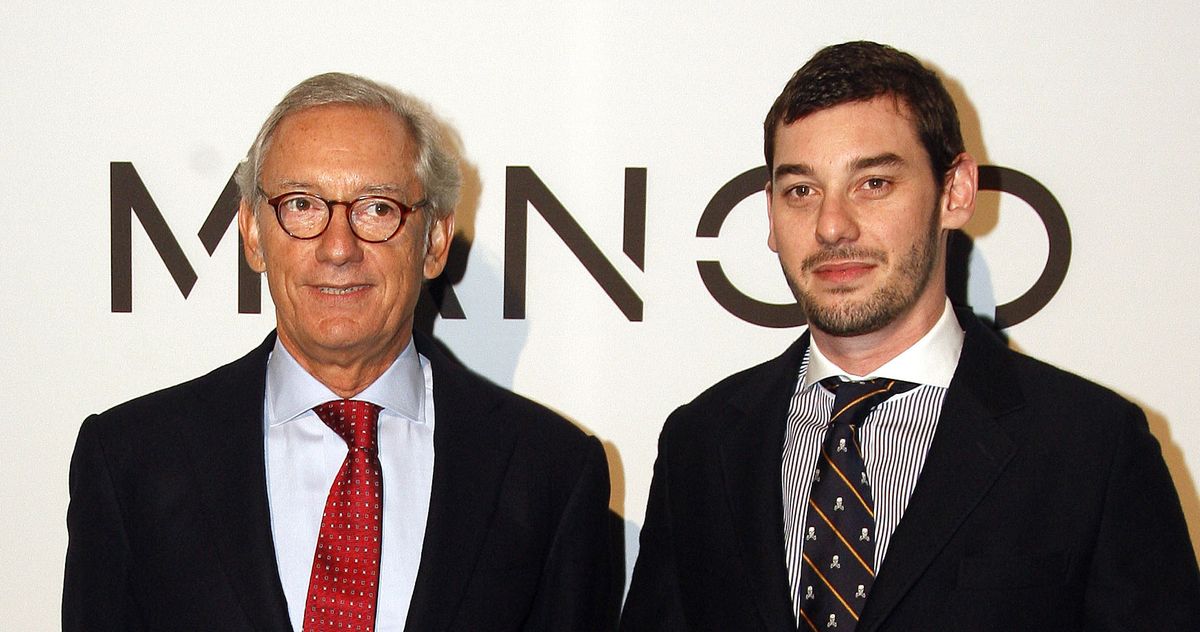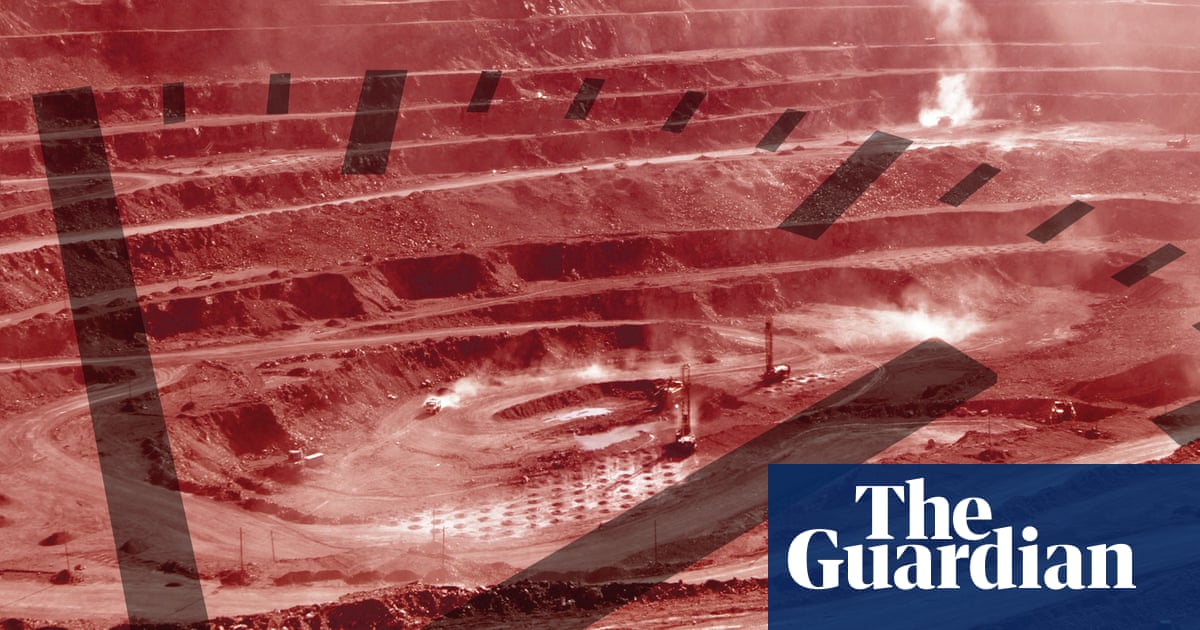Trump's Unbelievable 100% Tariff Threat: Will It Spark a Trade War? #AINews

In a world where trade wars can ignite at a moment's notice, President Donald Trump's recently announced 100% tariff on goods imported from China has thrown the economic landscape into turmoil. During a Fox Business Network interview, Trump admitted that while he doesn't consider the astronomical tariff sustainable, he placed the blame squarely on China's shoulders.
In a surprising twist, Trump revealed that the U.S.'s escalating trade tensions stem from China's tightening grip on rare earth exports—elements critical for cutting-edge technology manufacturing. In his characteristic style, Trump stated, “They forced me to do that,” hinting that his drastic tariff measures are a reaction to Beijing's aggressive export controls.
Just a week ago, Trump unveiled these hefty tariffs, alongside new restrictions on key software exports due by November 1. This coincides with the expiration of previous tariff relief measures, ramping up the stakes in an already heated trade dispute.
As the dust settles, Trump confirmed a meeting with Chinese President Xi Jinping in South Korea that’s set for two weeks from now—an encounter he previously cast doubt on. In a moment of unexpected admiration for the Chinese leader, Trump expressed, “I think we’re going to be fine with China, but we have to have a fair deal.” His conciliatory tone appeared to calm Wall Street, which had been rattled by the abrupt re-emposition of steep tariffs and concerns over regional bank stability.
U.S. Treasury Secretary Scott Bessent chimed in, expressing optimism about trade negotiations and stressing the importance of respect in bilateral discussions. He stated, “I think that things have de-escalated,” suggesting a glimmer of hope amidst the chaos.
Meanwhile, the World Trade Organization (WTO) is urging both nations to cool off, warning that a full-blown separation between the world's two largest economies could lead to a staggering 7% decrease in global economic output over the long haul. WTO Director-General Ngozi Okonjo-Iweala has been actively encouraging dialogue, but the tension lingers, especially as Bessent criticizes China's state-driven economic practices.
With the stakes rising, China has retaliated, accusing the U.S. of undermining global trade rules and vowing to escalate dispute settlement actions. As the trade saga unfolds, the question looms: will this titanic battle lead to a new era of cooperation or a full-blown trade war that reshapes the global economy?












